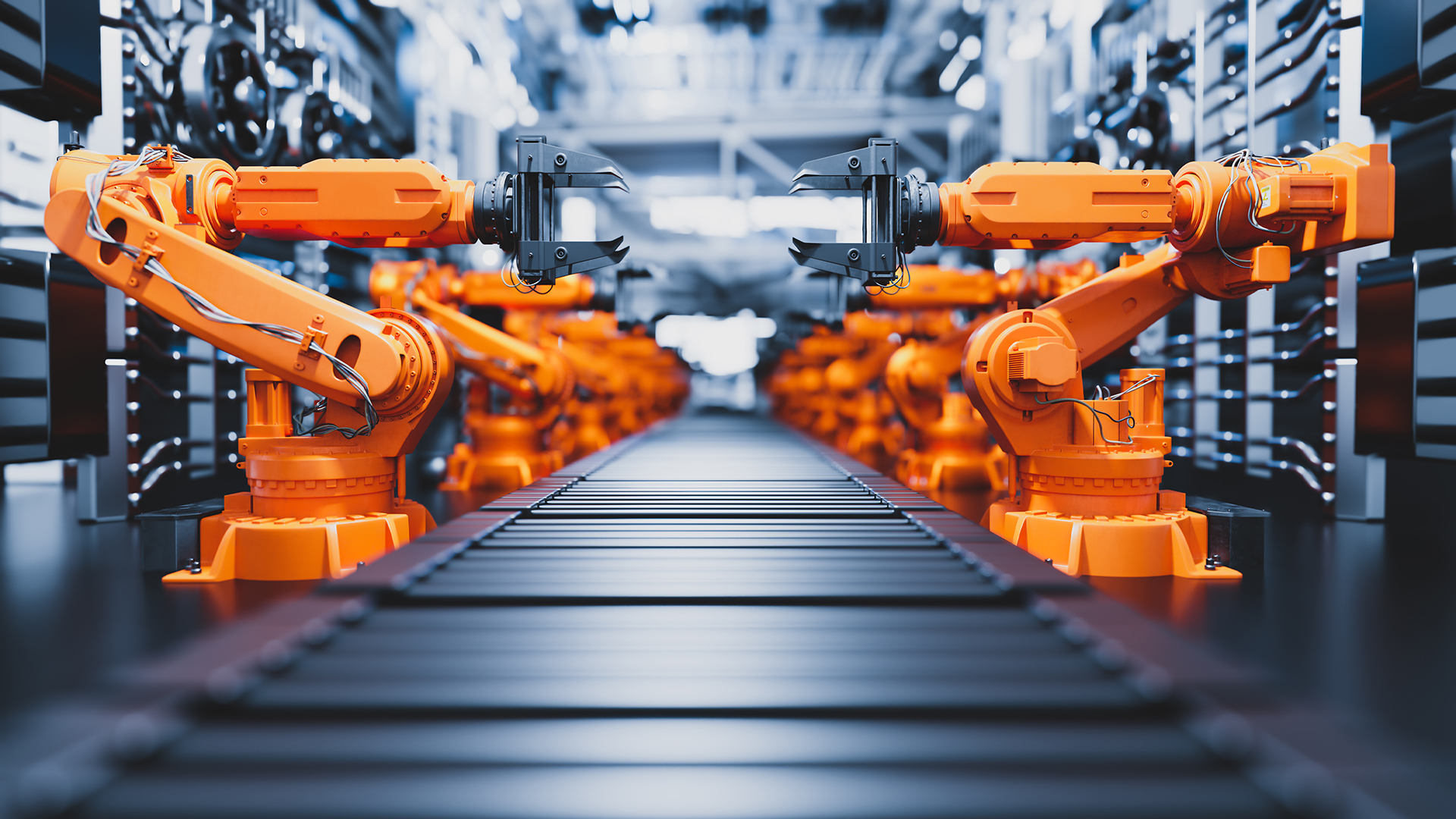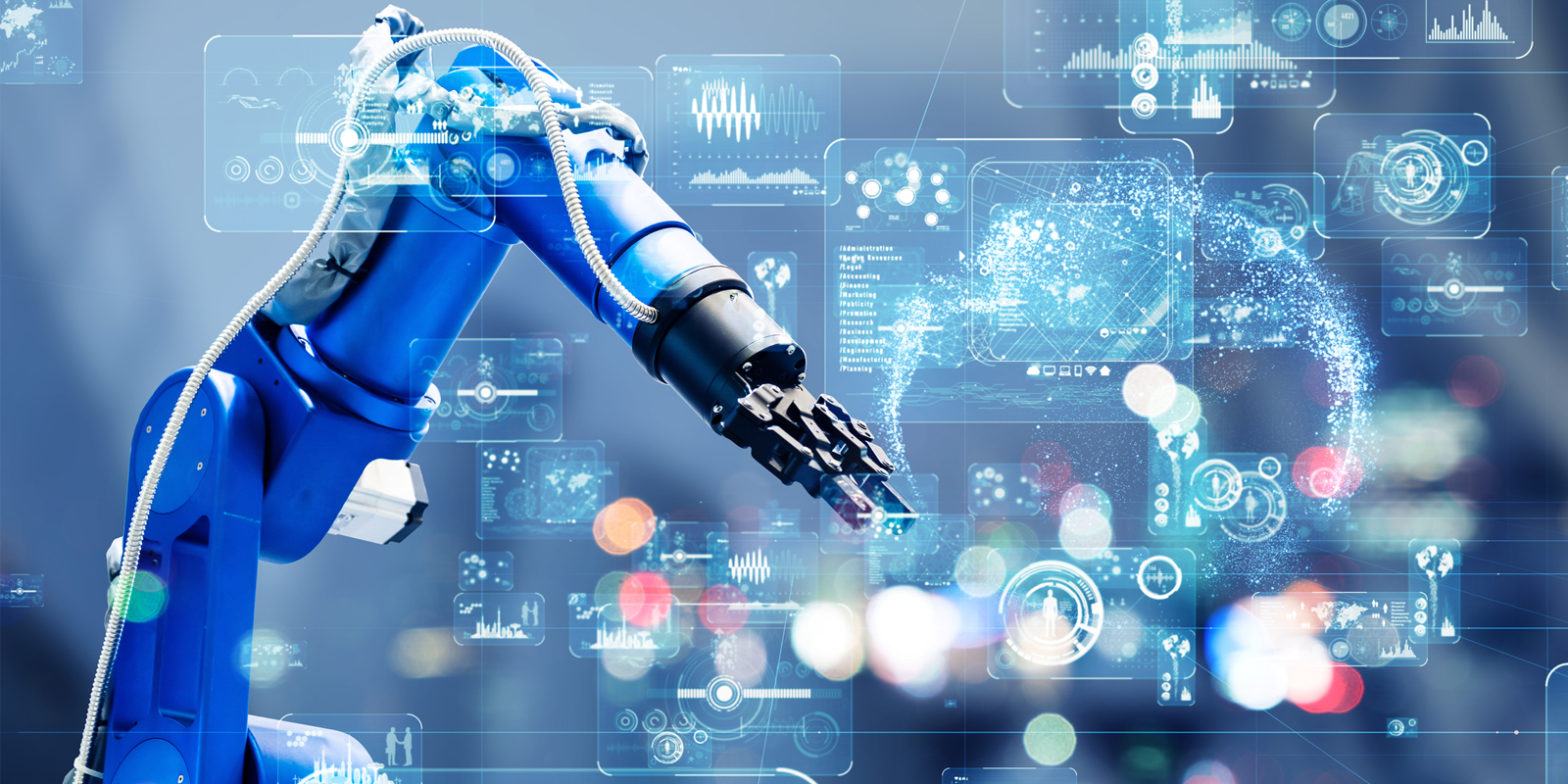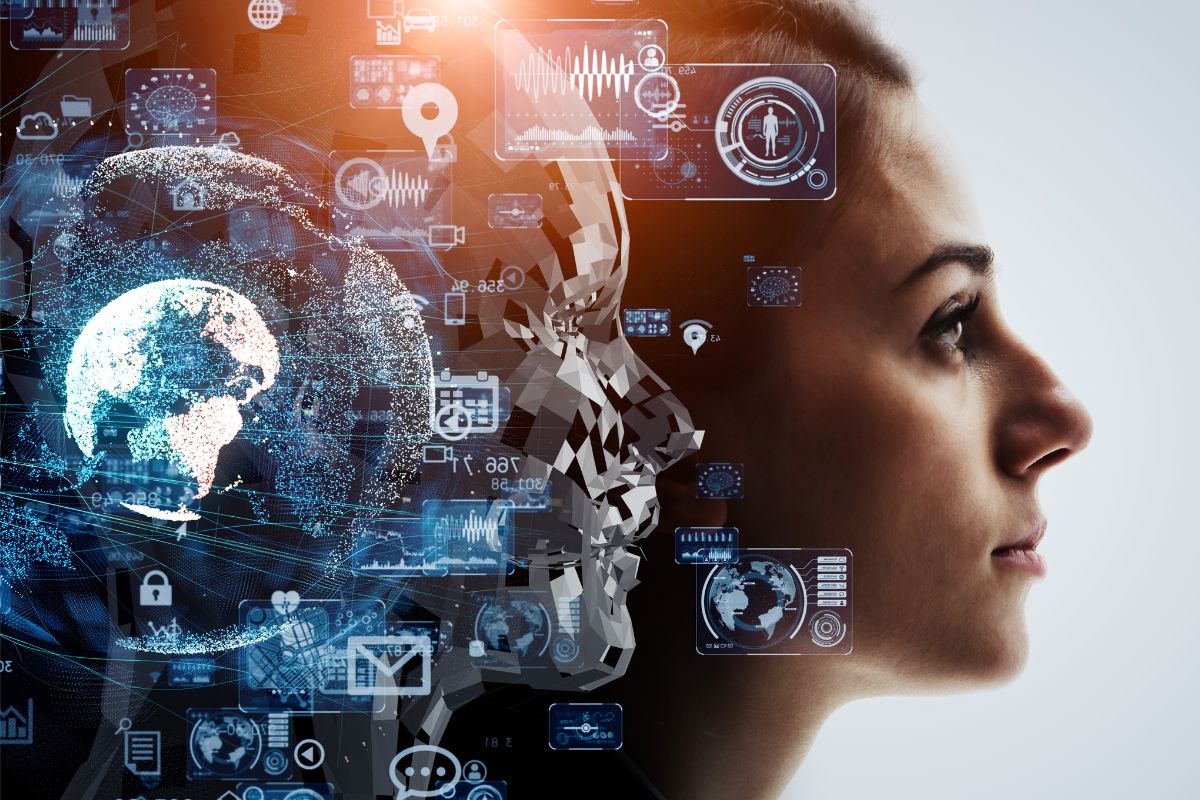
China’s AI Revolution: A New Era of Industrial Transformation
As I delved into the world of artificial intelligence, I was struck by the sheer scale of China’s AI industry. With over 4,400 firms, the sector has reached a staggering 500 billion yuan ($68.87 billion) in value. This is not just a number; it represents a revolution in industrial transformation.
 The future of AI is being shaped in China
The future of AI is being shaped in China
At the heart of this transformation is the development of artificial general intelligence (AGI), led by large language models (LLMs). This has given a strong boost to the entire economy, according to Liu Gang, chief economist at the Chinese Institute of New Generation AI Development Strategies.
“Since 2022, the development of AI in China has entered the stage of Artificial General Intelligence (AGI) that is led by LLMs, giving a strong boost to the whole economy.” - Liu Gang
The impact of AI is not limited to traditional industries. It has also enabled the growth of emerging industries, empowering China’s manufacturing and contributing to the country’s economic transition from an extensive development model to a compact one.
 AI is transforming China’s manufacturing landscape
AI is transforming China’s manufacturing landscape
The total scale of China’s core AI industry reached 578.4 billion yuan as of the end of 2023, up 13.9 percent year-on-year. Cities and provinces like Beijing, Guangdong, Shanghai, and Zhejiang have shown strong competitiveness in the sector.
China has attached great importance to AI development in recent years, aiming to become a major global AI innovation center. Technologies like facial recognition, voice recognition, intelligent robots, virtual reality, and driverless vehicles have been widely used in various application scenarios.
In the medical sector, AI-enabled surgical robots have increased precision and accuracy, reducing post-surgery pain and shortening hospital stays. In autonomous driving, vehicles with AI technology can automatically choose the optimal route, maintain a proper speed, and smoothly pass through complex road sections.
 AI is revolutionizing healthcare in China
AI is revolutionizing healthcare in China
As I reflect on China’s AI revolution, I am reminded of the immense potential it holds for the future. With continued innovation and development, China is poised to become a global leader in AI, driving economic growth and transforming industries.
 The future of AI is bright in China
The future of AI is bright in China















